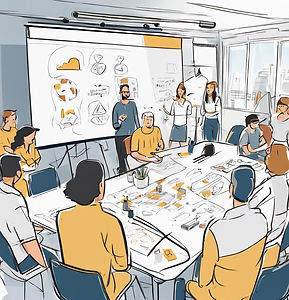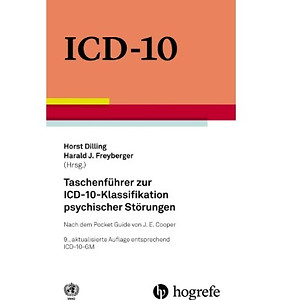

Personal development

You tick all the boxes, but life feels slightly off? Maybe you are just growing.

Business soloutions

Make sure that your employees are happy and cared for. A business can only be successful if it's employees are well

The times of leading with pessure are over. Good leadership means encouragement and appreciation. Increase your emotional intelligence.

The best teams teams pay attention to each others needs. Enhance your team's bond and improve communication

Services in German

Hast du kleine oder auch größere Schwierigkeiten? Fühlt sich irgendwas nicht richtig an? Lass uns gemeinsam schauen was du tun kannst.

Psychische Erkrankungen in der Familie können sehr belastend sein. Lass uns gemeinsam schauen wie du dir selbst und anderen helfen kannst.

Die Grenze zwischen Coaching und Therapie kann sehr schnell sehr dünn werden. Ich erkläre dir was du darfst und was nicht.






